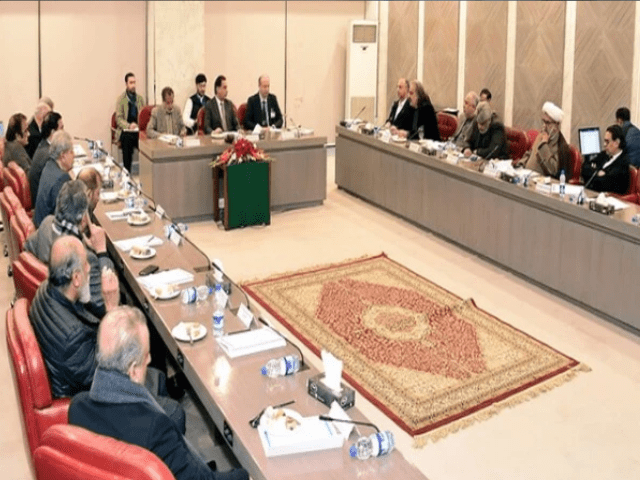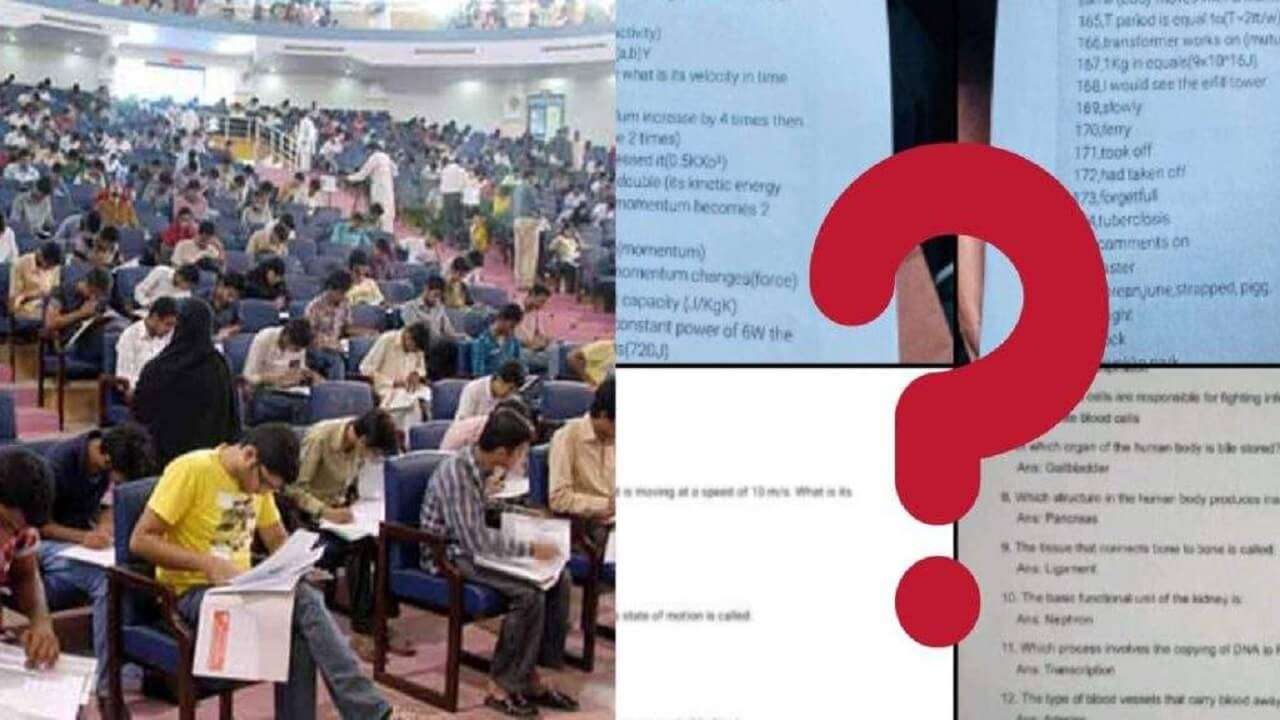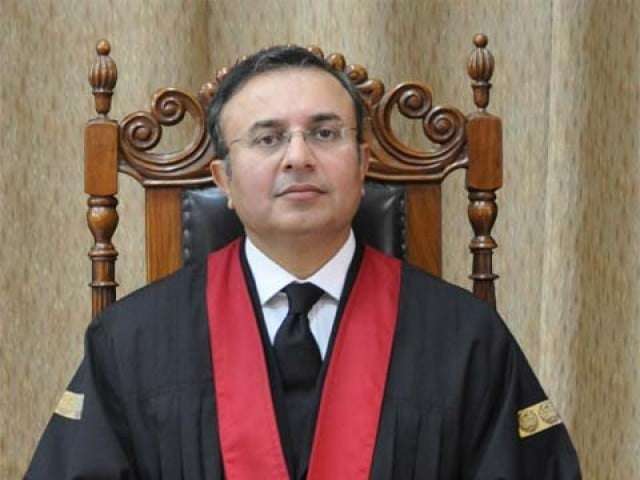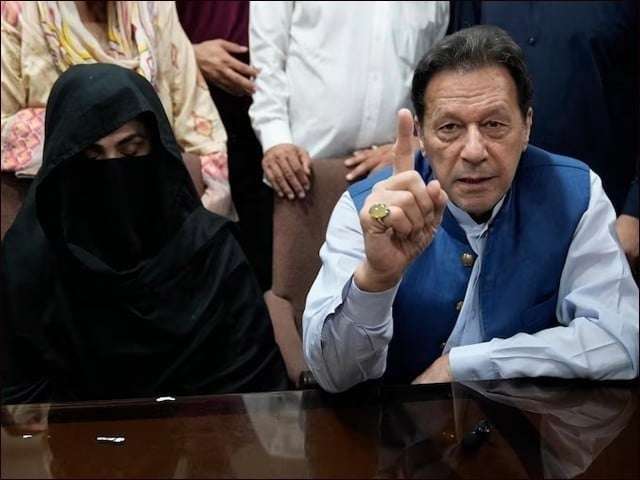Introduction
The political landscape in Pakistan remains tense as the government offers fresh negotiations to the Pakistan Tehreek-e-Insaf (PTI), despite previous failed attempts. National Assembly Speaker Sardar Ayaz Sadiq reaffirmed that the doors for talks remain open, and the negotiation committee is still active. However, the situation is complicated by PTI’s demands for judicial commissions and the dissolution of its negotiation committee.
In this article, we will analyze the current political scenario, the history of government-PTI talks, and the potential outcomes of these negotiations.
Government’s Willingness for Talks
Ayaz Sadiq: Dialogue Has Never Been Off the Table
During an informal interaction with journalists at the Punjab Assembly, Speaker Ayaz Sadiq emphasized that the government is open to talks with PTI. He clarified that:
- The negotiation committee formed earlier has not been dissolved.
- The PTI leadership needs to internally approve further discussions.
- The government remains in contact with PTI, and there is no severance of ties.
Sadiq further acknowledged that engaging with PTI founder Imran Khan is challenging due to his firm stance on certain issues.
Prime Minister Shehbaz Sharif’s Position on Talks
PM Shehbaz Encourages Dialogue, PTI Remains Hesitant
Prime Minister Shehbaz Sharif recently addressed the federal cabinet, reiterating that the government is:
- Ready to form a parliamentary committee for talks.
- Opposed to PTI’s demand for judicial commissions to investigate the May 9, 2023, and November 26, 2024, incidents.
“It takes two to tango. This dialogue should move forward to ensure national progress rather than chaos,” PM Shehbaz stated.
Previous Attempts at Negotiation
- The government formed a parliamentary committee to investigate past elections, similar to PTI’s earlier approach.
- The government accepted PTI’s request for a written response but received no formal acknowledgment.
- PTI abruptly ended the dialogue process, despite prior agreements.
PTI’s Stance: A Shift in Strategy
PTI’s Demands and Dissolution of Negotiation Committee
PTI spokesperson Sahibzada Hamid Raza confirmed that:
- PTI has dissolved its negotiation committee following Imran Khan’s instructions.
- The committee has now been converted into a coordination team aiming to create a grand opposition alliance.
- PTI remains firm on its demand for judicial commissions before engaging in further discussions.
PTI believes that the government’s delaying tactics are a major obstacle, preventing meaningful dialogue.
PTI’s Charter of Demands
During the third round of talks, PTI presented its list of demands, which included:
- Formation of judicial commissions for investigating key incidents.
- Government support in legal cases related to PTI leaders and activists.
- Assurance of free and fair elections without external influence.
Despite PTI’s firm stance, the government’s response was still awaited when Imran Khan abruptly halted the talks.
Government’s Response to PTI’s Exit
Senator Irfan Siddiqui Questions PTI’s Decision
Government negotiation committee spokesperson, Senator Irfan Siddiqui, expressed concerns over PTI’s sudden withdrawal from talks. He noted:
- PTI did not wait for the government’s official response.
- The party could have used the fourth round of talks to find a potential resolution.
- Legal and constitutional experts were reviewing PTI’s demands before providing a final response.
Despite this, the negotiation committee remains active until January 31, 2025, keeping the door open for further discussions.
PTI’s Rejection of Shehbaz Sharif’s Offer
Omar Ayub: “We Reject PM Shehbaz’s Offer”
Leader of the Opposition, Omar Ayub, outrightly rejected PM Shehbaz’s call for talks. In a statement, he said:
- PTI’s intentions are clear, but the government has failed to fulfill demands.
- The current administration lacks credibility in ensuring a fair negotiation process.
- The opposition will now focus on uniting other political parties against the ruling government.
With PTI’s focus shifting towards forming an opposition alliance, political tensions in Pakistan continue to escalate.
Possible Outcomes and Future Implications
Scenario 1: Talks Resume Under New Terms
If PTI reconsiders its stance, the government might be willing to provide:
- A written agreement for structured negotiations.
- Assurances on electoral transparency.
Scenario 2: PTI Strengthens Opposition Alliance
If PTI chooses confrontation, it may:
- Seek support from other opposition parties.
- Increase political pressure on the government.
Scenario 3: Political Stalemate Continues
A failure in negotiations could lead to:
- Continued protests and political instability.
- A lack of consensus on electoral reforms.
The coming weeks will determine whether Pakistan’s political landscape shifts towards reconciliation or confrontation.
FAQs
1. Why is the government inviting PTI for talks?
The government aims to ensure political stability and is open to discussing PTI’s concerns.
2. What are PTI’s main demands?
PTI demands the formation of judicial commissions, government support in legal matters, and fair electoral practices.
3. Why did PTI dissolve its negotiation committee?
Imran Khan instructed the committee’s dissolution, converting it into a coordination team to focus on forming a grand opposition alliance.
4. What is PM Shehbaz Sharif’s stance on PTI’s demands?
PM Shehbaz rejects PTI’s demand for judicial commissions but remains open to parliamentary negotiations.
5. What happens if PTI refuses to engage in talks?
If PTI boycotts negotiations, political instability may increase, leading to heightened opposition activity.



